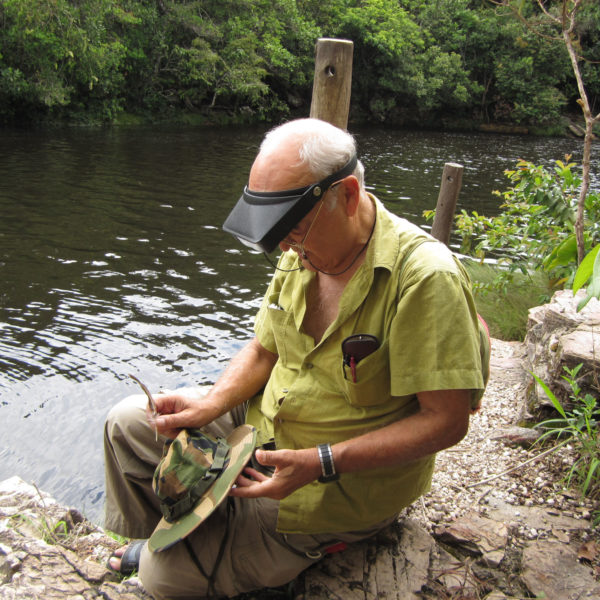Yale E360:
“Amateur contributions to taxonomy are far from new — “Darwin wasn’t a professional,” notes David Pearson, an Arizona State University ecologist and beetle expert — but this work became the more exclusive domain of traditional academic and museum institutions in the 20th century. More recently, however, Pearson says the heyday of Darwin’s Victorian era — when amateur naturalists driven by their own curiosity helped dramatically expand the world’s biodiversity catalog — is having a comeback.
The data, though limited, support the trend. A 2012 study found new species of multicellular land and freshwater animals are being discovered at an “unprecedented rate” in supposedly well-explored Europe. Crucially, it found “non-professional” taxonomists were responsible for more than 60 percent of those new species descriptions from 1998 to 2007. In the ocean, it’s a similar story — 40 percent of first authors of recently identified marine mollusks have been so-called “amateurs.” Another paper by New Zealand researchers argued that because of these citizen scientists, as well as new tools to analyze species and online access to knowledge, “the field has never been stronger,” they write, despite a decline in funding for the formal profession.”


